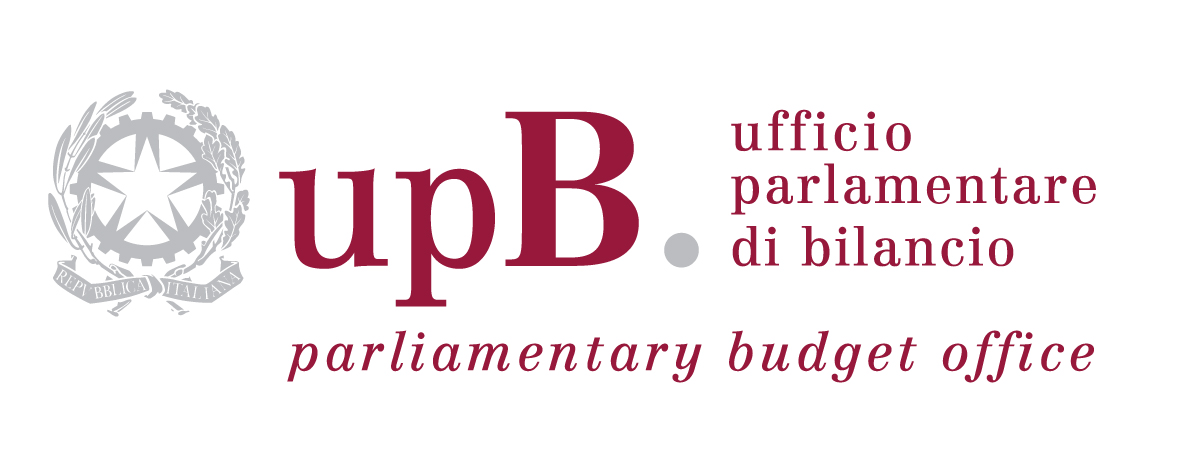Alberto Zanardi, member of the Board of the Parliamentary Budget Office (PBO), testified (in Italian) today in a joint hearing at the Offices of the Finance and Treasury Committee and Industry, Trade and Tourism Committee of the Senate as part of the consideration of Bill no. 2526 concerning “Fiscal measures for competition in the digital economy”.
In his remarks, Zanardi analysed the development of the digital economy and the role of “over-the-top” (OTT) service providers, focusing attention on the issues that digitisation raises for tax systems (qualification of amounts to be taxed, their geographical location, effective taxation procedures) and on how the bill seeks to deal with them in the absence of a coordinated effort at the international level. One example given was the case of online advertising.
The key themes addressed during the hearing included the following.
- Firms operating in the online advertising market share common features with regard to their ownership and functional structures that enable them to legally minimise their overall tax bill on substantial revenues.
- The introduction of the measures in the bill does not rule out the possibility that the technological characteristics of the digital sector may create scope for new forms of tax avoidance. First, digital firms could use means of payment that do not pass through the circuit of financial intermediaries, thereby avoiding procedures for regularising permanent establishments and levying withholding tax. Second, as it is not a global instrument, the measures could see their effect eroded by tax planning strategies designed to reduce profits by transferring costs to high-tax jurisdictions.
- In order to prevent tax avoidance and practices designed to reduce taxable income (as exemplified by the diverted profit tax in the UK) the most appropriate approach would be coordination of action at the European level.
- Bill no. 2526 does not propose levying a general tax on the digital economy but rather seeks to target tax authorities’ assessment activities more precisely by using better information tools to counter tax avoidance more effectively.
- In order to counter tax avoidance by non-residents who operate in Italy without a permanent establishment, the legislation introduces the concept of the “hidden permanent establishment” based on a number of precise parameters.
- Entities that do not comply with tax authorities’ request to regularise their position will be subject to a withholding tax at source of 26 per cent of the amounts paid by persons resident in Italy to non-resident entities.
- The high level of the withholding tax at source is intended to encourage companies to form real permanent establishments subject to the normal corporate income tax provided for under Italian law. The withholding tax of 26 per cent provided for in the bill would be neutral with respect to ordinary corporate income tax only in the case of profit margins close to 100 per cent.
- In 2015, the online advertising market in Europe was worth €4 billion, ranking it first among the various advertising channels (33.5 per cent of overall spending); in Italy, it was the second-largest advertising channel in 2015, generating ad revenues of €1.66 billion (22.5 per cent of the total).
- The online advertising sector is highly concentrated, with two operators, Google and Facebook, accounting for nearly half of the overall market.
- On the basis of 2015 figures, the revenues generated by Google in Italy were an estimated €637 million, compared with the €67 million reported in the financial statements of Google Italia. For Facebook, the difference is even greater: €233 million and €8 million
- In the case of Google, revenues estimated to originate in Italy represent 4 per cent of the European market, while those reported by Google Italia amount to 0.3 per cent. For Facebook, the disparity is even larger, with 2.8 per cent of geographical revenues compared with 0.1 per cent of group revenues.
- Available information for 2015 shows the tax burden on profits thought to originate in Italy for the two OTTs: the effective rate is 9 per cent for Google and 18 per cent for Facebook, compared with an overall rate (corporate income tax (IRES) plus regional business tax (IRAP)) of 31.4 per cent in Italy.
